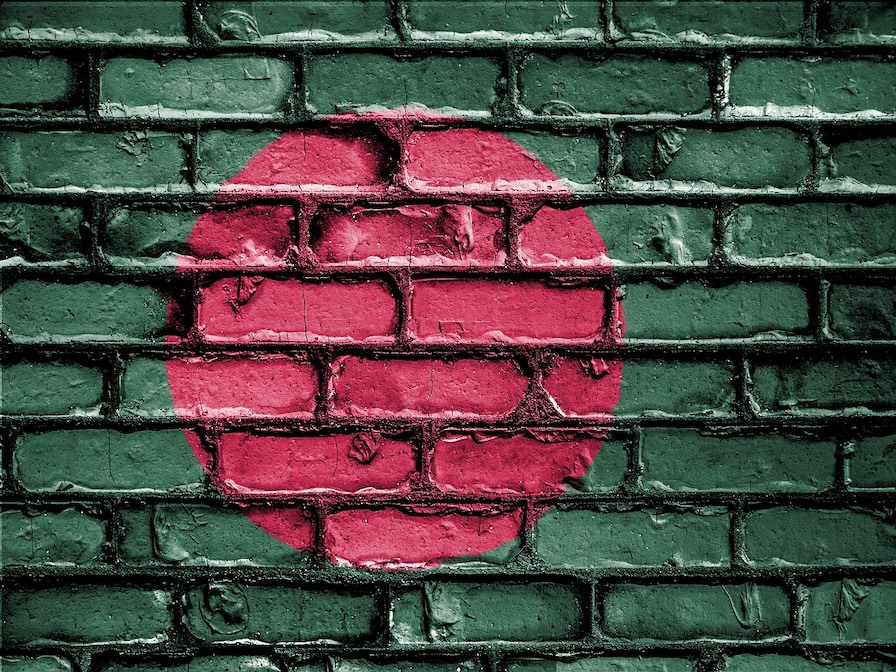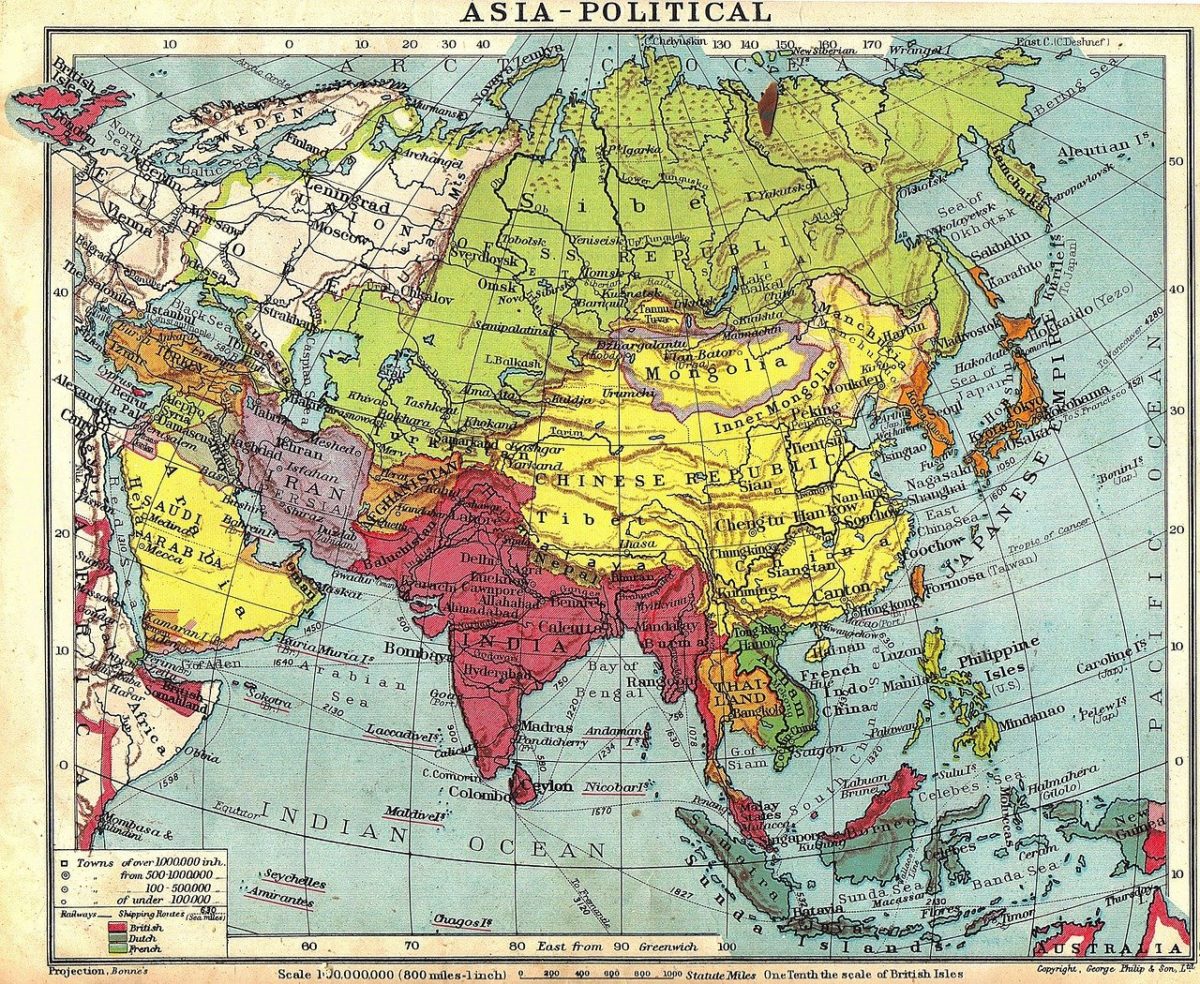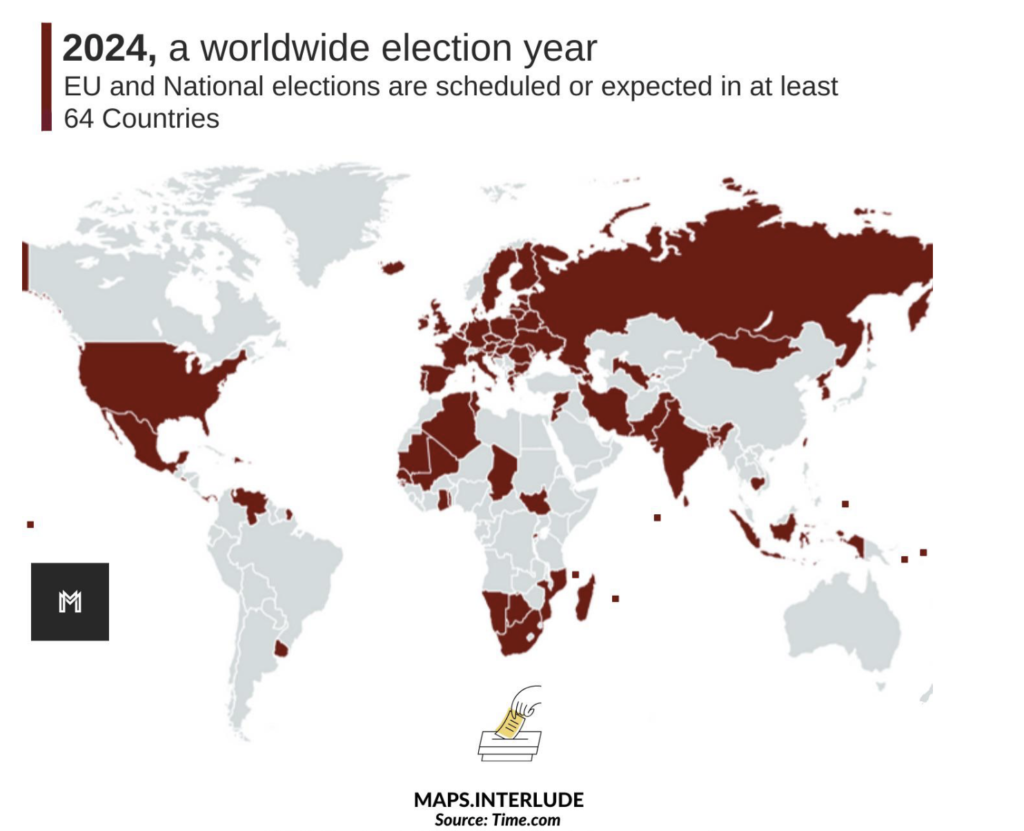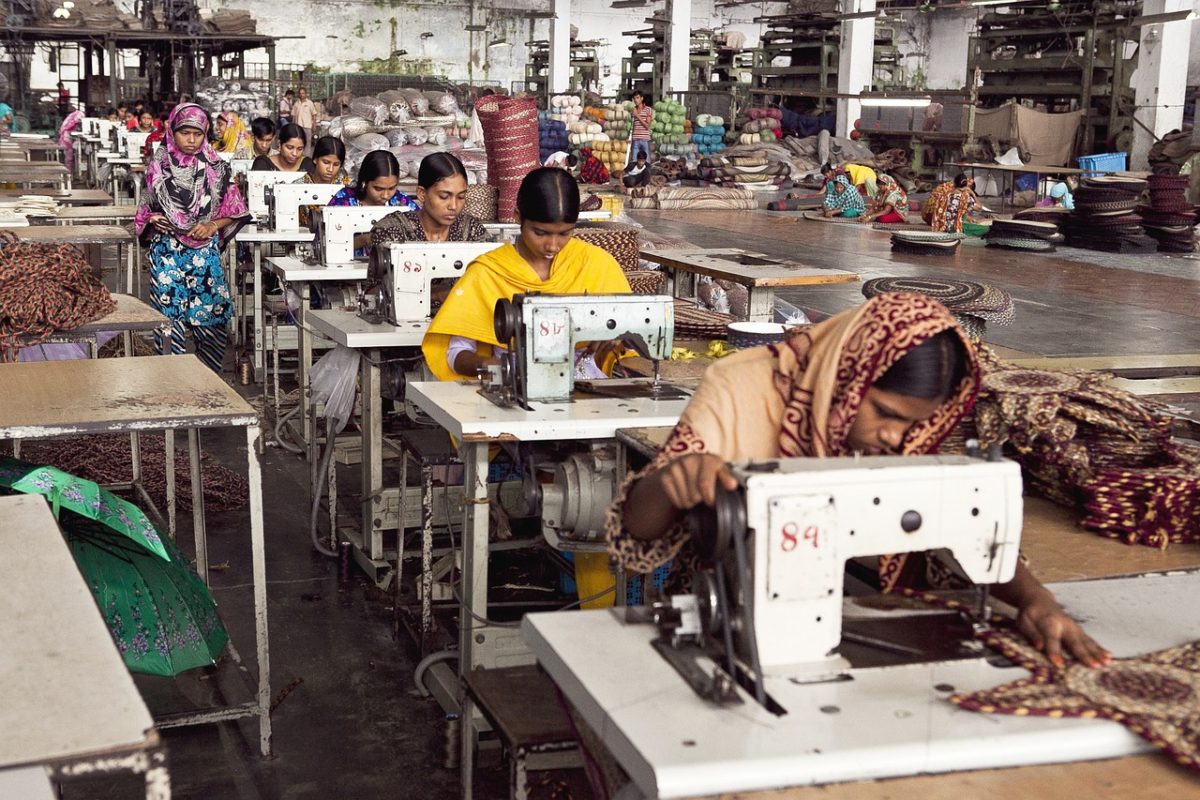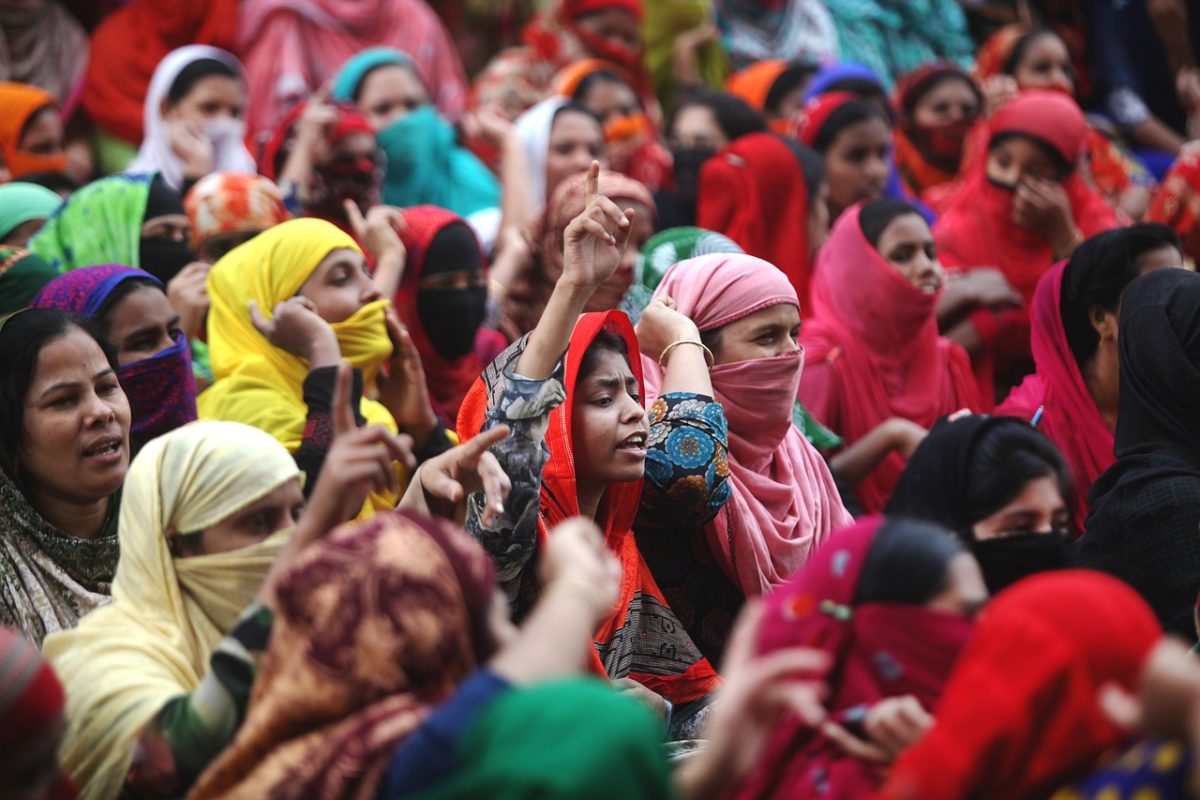Summary
Bangladesh has experienced significant political unrest and violence, with the following key events have taken place in the past 24 hrs:
- Violence and Clashes: The protests, initially driven by demands for electoral reforms and an end to the quota system for government jobs, have escalated into violent clashes between protesters and security forces. Over 80 people, including at least 13 police officers, have been reported killed in these confrontations. Authorities have imposed a curfew and restricted internet access in an attempt to control the situation.
- Prime Minister Resigns: Prime Minister Sheikh Hasina has resigned and reportedly fled the capital, Dhaka, amid the escalating violence. This development has intensified the political crisis, with opposition parties and protesters calling for the establishment of an interim government to oversee the next elections.
- General Waker-uz-Zaman assumes control: The military, led by General Waker-uz-Zaman, stepped in to restore order, imposing a curfew and restricting internet access. General Waker-uz-Zaman announced the military’s takeover in a press conference, emphasising the need to address the protesters’ demands and promising to stabilise the situation.
